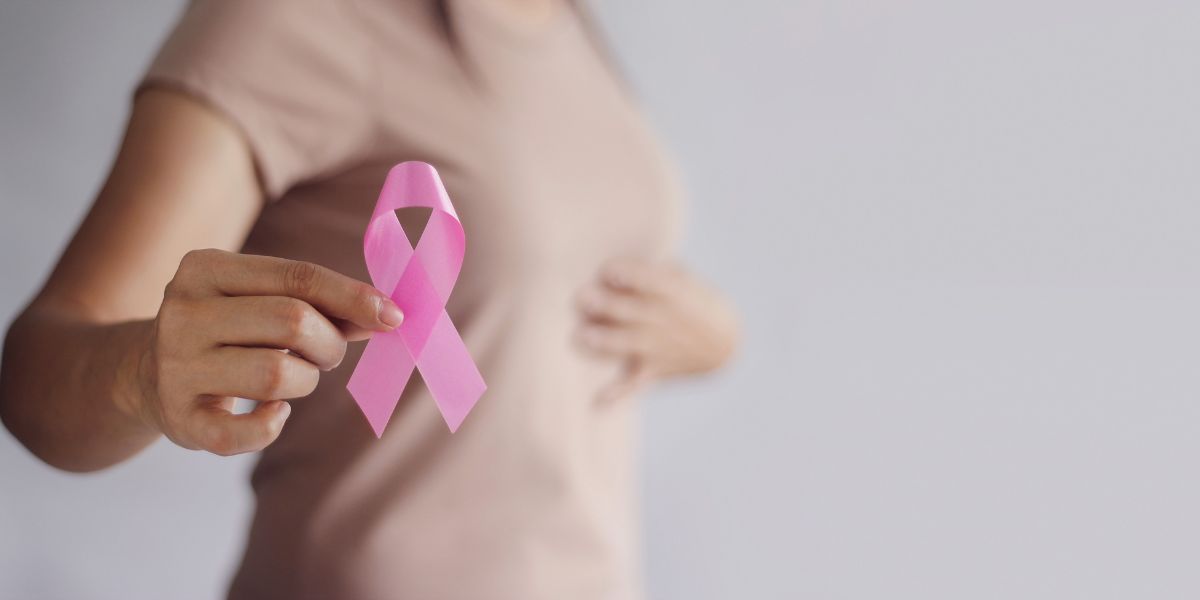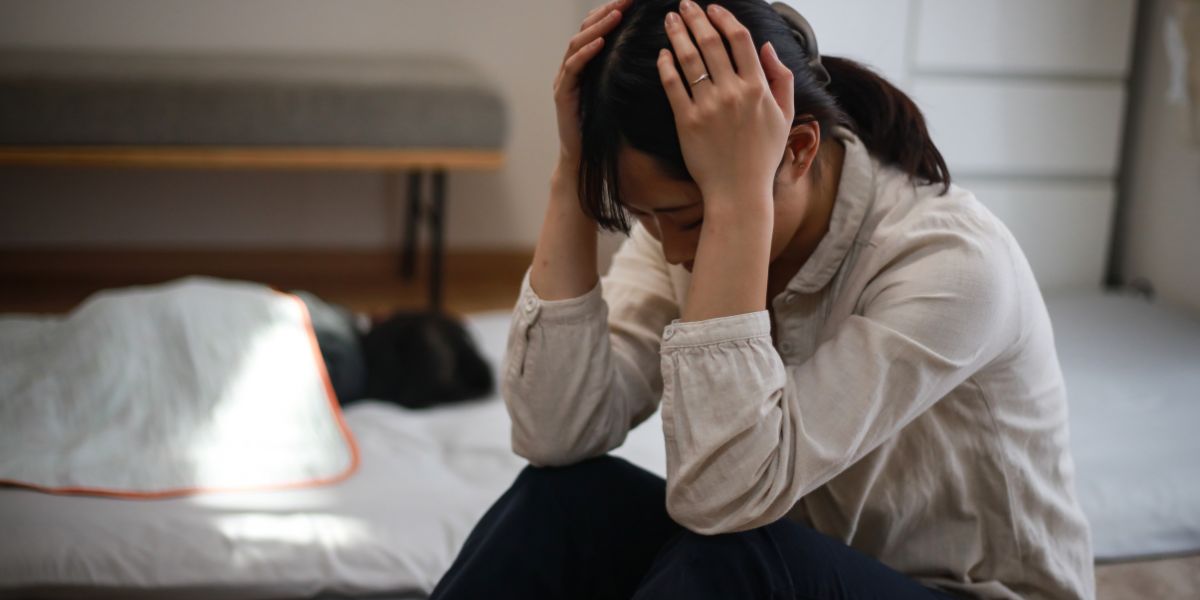Thanks to modern medical advances in detection and treatment methods, many breast cancer survivors go on to live happy, long lives. Given that approximately 264,000 women in the U.S. are diagnosed with breast cancer annually, this is excellent news indeed. With increasingly effective detection methods and precisely targeted treatments, women with a range of breast cancer diagnoses have positive outcomes at an increasing rate. In this article, we discuss some of the challenges breast cancer survivors may face and how they can be successfully overcome.
Challenges Frequently Faced by Breast Cancer Survivors
Modern medical treatments give cancer patients excellent odds of beating the disease and going on to live a complete, fulfilling life. However, many survivors experience obstacles that prevent them from immediately returning to their pre-cancer routines after the duration of their treatment(s). Breast cancer survivors frequently experience:
Strong Negative Emotions
Survivors of various types of cancer often experience strong emotions after their treatment ends. They may experience survivors’ guilt after the loss of close friends or family who struggled with similar illnesses or feel ashamed for not feeling joy in the immediate aftermath of their successful treatment. People who have survived cancer may also feel anxious about returning to their pre-cancer routines, whether that means going to school, working, or taking care of their family.
Breast cancer treatments frequently result in significant changes to the survivor’s body, including surgery to remove one or both breasts in some cases. In other situations, they may have had a lumpectomy, which can change the shape of the survivor’s breast. Cancer medications may also cause weight gain or hair loss. These physical changes can have a significant impact on the survivor’s mental health.
Worries About Recurrent Cancer
A lingering fear of many cancer survivors is that they will find themselves in a similar situation in the future. Although the odds of experiencing recurrent breast cancer after a lumpectomy are fairly low (between 3 and 15%), it’s entirely understandable that this concern weighs heavily upon the minds of survivors. Many survivors are not required to undergo annual screening mammograms because the affected tissue was removed, which can lead to fears of recurrence.
Other Health Concerns
Cancer survivors frequently experience a range of health problems after their cancer treatment(s). These complications can include:
- Fatigue
- Pain
- Low bone density
- Dermatology concerns
- Cardiovascular problems
- Sexual dysfunction
- A weakened immune system & increased susceptibility to other diseases or injuries
Some people also experience significant emotional and mental side effects from chemotherapy. Those that suffer from chemotherapy-induced cognitive impairment (“chemo brain”) may have trouble finishing sentences, remembering details, multitasking, planning, or learning new things. Fortunately, these symptoms frequently improve gradually as time passes.
Overcoming Challenges Associated With Surviving Breast Cancer
Surviving any form of cancer can be a harrowing ordeal for the cancer survivor and their loved ones. It may be possible to mitigate some of the worst mental and physical effects of the survival process by building up a good support system, taking care of one’s health, and indulging in periods of constructive self-reflection.
Establishing a Care System
It’s essential to have a primary care physician coordinating your care after going through cancer treatments. Your primary care physician will help manage survivorship issues, address ongoing health concerns, and manage any specialist treatments that become necessary. Some programs may allow for the creation of a survivorship care plan that includes routine screening for chronic health conditions or cancer recurrence to set the patient’s mind at ease.
Engaging in Self-Reflection & Contemplation
Even when a person’s cancer is in remission, their body and mind are likely still recovering from the treatment process. Depending on how aggressive the cancer was and what treatment methods were used, it may take quite some time for a survivor to return to full physical and emotional health. The patient’s body likely experienced a significant amount of trauma over a relatively short period of time that may cause lasting fatigue and other side effects.
During the recovery process, it can be helpful to weigh the options for moving onward post-treatment. The aftermath of breast cancer treatment is something survivors will need to be mindful of, but it doesn’t need to define their identity moving forward. Everyone deals with the survivorship experience differently, and there is no single correct way to process and unpack the experience of surviving cancer. Some survivors may find it helpful to take advantage of local volunteer opportunities or support groups that match their goals and needs.
Pursuing a Healthy Lifestyle
Many cancer survivors choose to pursue an active, healthy lifestyle after their treatment ends. Ditching bad habits, engaging in regular exercise, and eating a balanced diet can help a person feel good and stay healthy. Some foods are even capable of strengthening the immune system, which can be critical for a cancer survivor that has been weakened by chemotherapy or other aggressive treatment methods.
The National Cancer Institute indicates that physical activity can reduce the risk of breast and colon cancer. Perhaps more importantly for survivors, there is promising evidence that regular exercise can lower the chances of recurrent breast cancer. Engaging in regular physical activity can also boost a person’s mood and reduce stress. If they choose to engage in regular workouts, survivors should ease their way back into the process and give themselves grace as they learn to navigate their body’s new physical boundaries.
Taking Life One Day at a Time Post-Treatment
Everyone’s journey through their cancer diagnosis and treatments is different, and there’s no right or wrong way to adjust to how your life changes throughout the process. We hope that you or your loved one enjoy a full recovery in time, regardless of how long it takes.

John Davis is a passionate content writer with a knack for crafting engaging narratives across various subjects. With a keen eye for detail and a love for storytelling, John brings ideas to life through the power of words. His dedication to delivering high-quality and informative content has made him a trusted voice in the digital realm. When he’s not at his desk, you’ll find John exploring new hobbies and seeking inspiration in the world around him.










Loading…